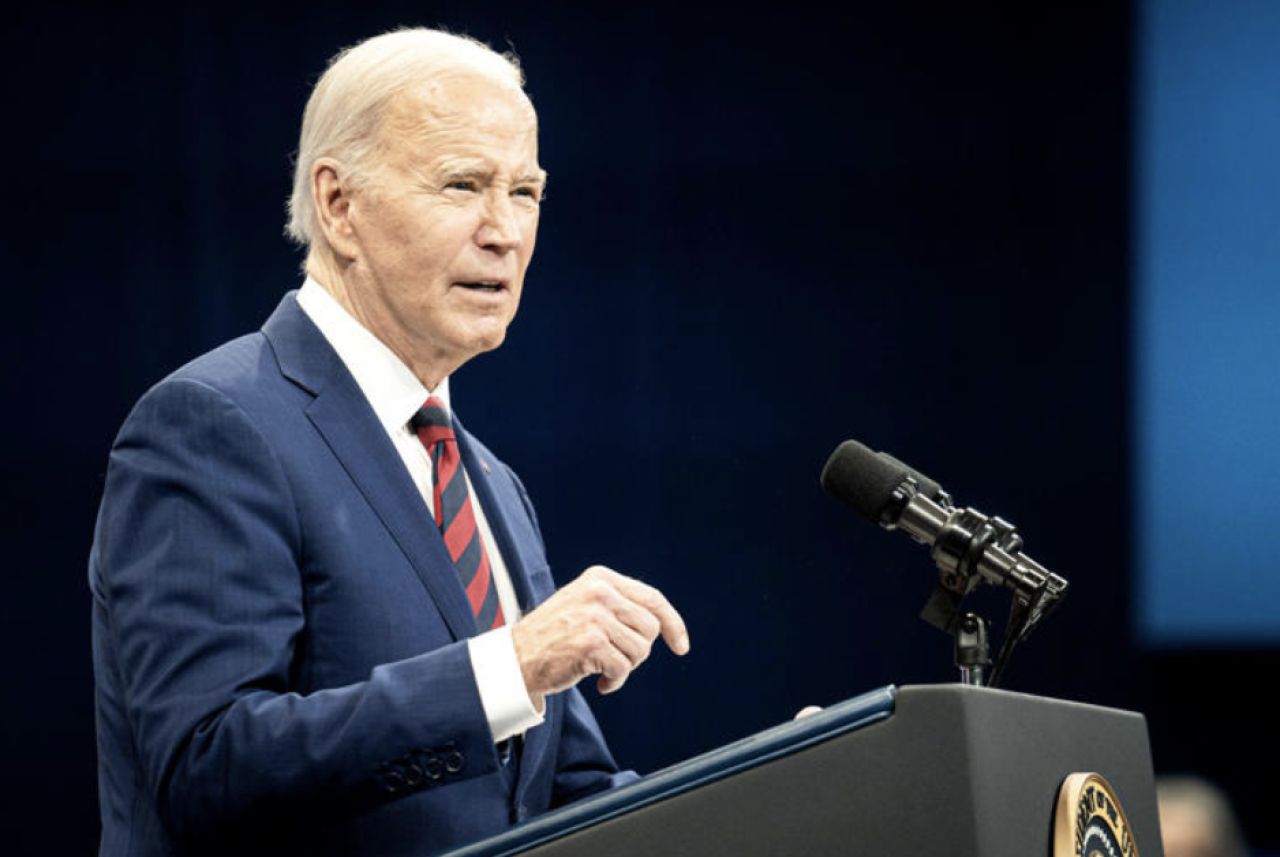Muslim American activists are voicing their discontent with an aid package destined for Israel, labeling it a "point of no return" for their relationship with President Biden. The uproar stems from frustrations over the administration's handling of the Israel-Hamas conflict, with some even advocating for voting "uncommitted" in state primaries as a form of protest.
The aid package, amounting to $26 billion, has drawn criticism from within Biden's own party, with a notable portion of Democrats voting against it. Progressive lawmakers like Pramila Jayapal argue for a halt to further weapon shipments to Israel, emphasizing the need for a more measured approach.
Despite Biden's support for the aid, discontent among Muslim American voters persists, with concerns about the ongoing conflict in Gaza driving skepticism towards the administration. Ahmed Ewaisha, once excited about Biden's candidacy, now co-chairs a campaign in Arizona to express dissatisfaction with his policies regarding Israel and Gaza.
The administration, however, emphasizes its efforts to engage with Muslim American communities, highlighting numerous meetings and outreach initiatives aimed at addressing concerns. Yet, voices like Ayah Ziyadeh's reflect a deep-seated disillusionment, signaling that regaining trust will require more than just dialogue.
Biden's handling of the Israel-Hamas conflict is proving to be a pivotal issue, especially in swing states where narrow margins secured his victory in 2020. The pressure is on for Biden to reconcile with disillusioned voters, with activists like Linda Sarsour emphasizing that actions speak louder than words, especially in the face of what they perceive as a humanitarian crisis.
As the debate continues, the upcoming election looms large, with the Muslim American community's stance potentially shaping the outcome. While some, like Salam Al-Marayati, grapple with whether to endorse a candidate at all, others remain firm in their demand for accountability and change.

Login